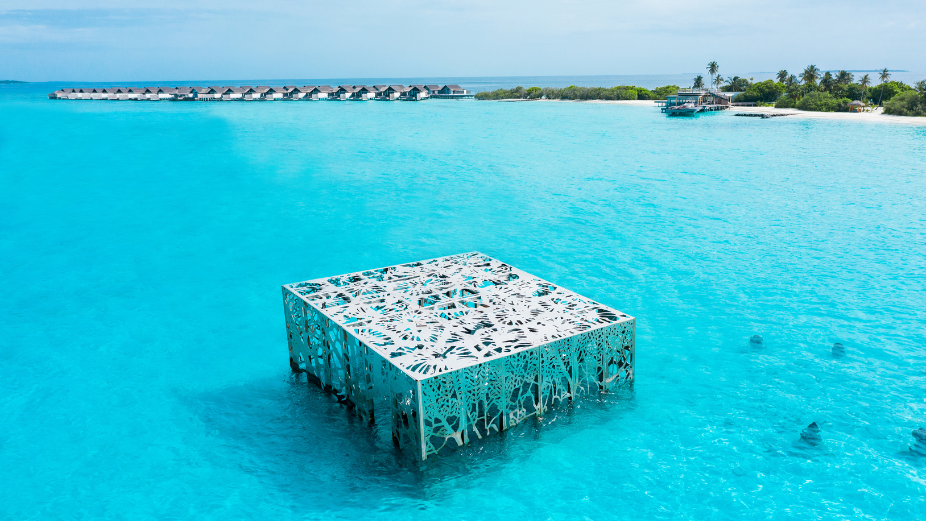The Maldives, with its pristine beaches and rich marine life, stands on the cusp of becoming a global leader in eco-tourism. Amidst the increasing global focus on sustainability, this archipelago has the opportunity to harness innovative eco-friendly tourism strategies. These can not only preserve its natural beauty but also offer visitors unique and unparalleled experiences.
At the heart of this sustainable competitive advantage is ecological innovation. The Maldives is poised to meet the growing demand for eco-friendly travel by introducing pioneering sustainable tourism products. This endeavour requires a collaborative effort between public authorities and the private sector to ensure the archipelago’s natural allure is maintained while providing environmentally responsible tourist experiences.
A key factor in the development of eco-innovation is the practice of eco-friendly strategies. By integrating such practices that not only meet environmental standards but also enhance eco-innovation performance, the Maldives can cultivate a culture of creative self-efficacy. This approach will highlight the importance of eco-innovation among tourism stakeholders and ensure a sustainable trajectory for its tourism industry.
Moreover, the long-term sustainability of the tourism sector in the Maldives hinges on an innovative transition from traditional practices. By drawing lessons from other destinations, the Maldives can implement service innovations focused on sustainability. Emphasizing continual learning and adaptation to sustainability challenges is essential in making eco-tourism a fundamental aspect of the Maldivian tourism experience.
The utilization of 3D printing technology for coral reef restoration is a prime example of such innovation. Techniques like those developed by Daniel Wangpraseurt, which involve creating bionic 3D-printed corals, can effectively replicate the structural and functional traits of natural coral reefs. This aids in reef restoration and enhances marine biodiversity, a critical aspect of the Maldives’ ecological balance. Additionally, the use of optimized 3D-printed concrete for artificial reefs contributes to the durability and biofouling resistance of these structures. These innovative methods could revolutionize coral reef restoration in the Maldives, aligning with its commitment to sustainable tourism and environmental stewardship.
Additionally, the evolution of eco-tourism in the Maldives can be closely intertwined with the adoption of innovative practices and sustainable financing methods. The application of emerging technologies, including digital platforms and smart, eco-friendly solutions, can significantly enhance the eco-tourism experience. These technologies not only boost visitor engagement but also play a crucial role in conserving the natural environment. Furthermore, innovative financing methods, such as green bonds or sustainability-focused investments, could provide essential support for eco-friendly initiatives, thus engaging a broader community in the Maldives’ journey towards sustainable tourism.
The Maldives has the potential to be a global eco-tourism leader. By embracing ecological innovations, fostering a culture of sustainability, and leveraging both technology and innovative financing methods, the Maldives can offer a sustainable, responsible, and unique tourist experience. This strategy not only preserves the archipelago’s natural splendour but also sets a global standard in eco-tourism, ensuring the long-term sustainability of both its tourism industry and natural resources.



















